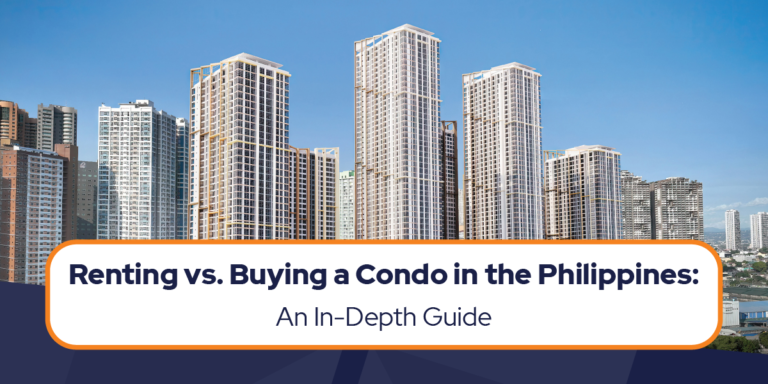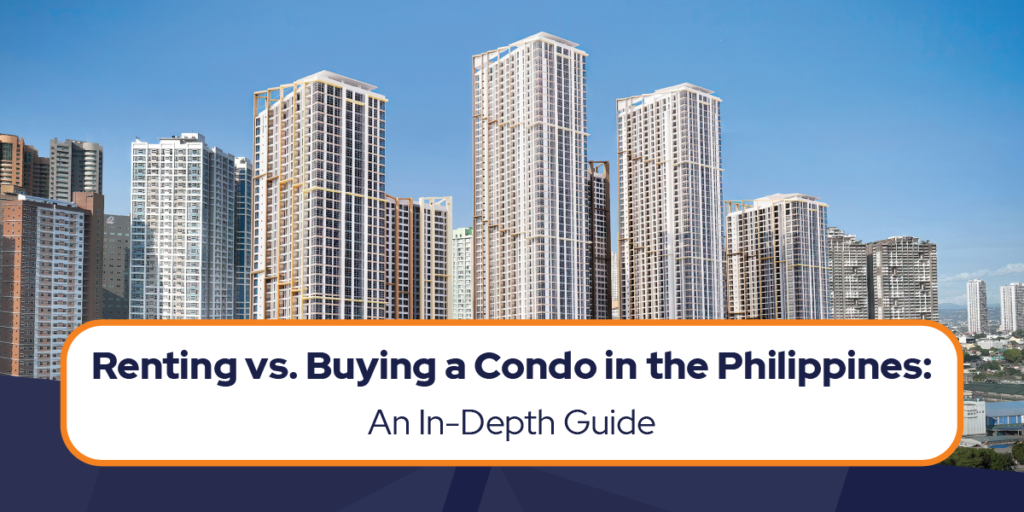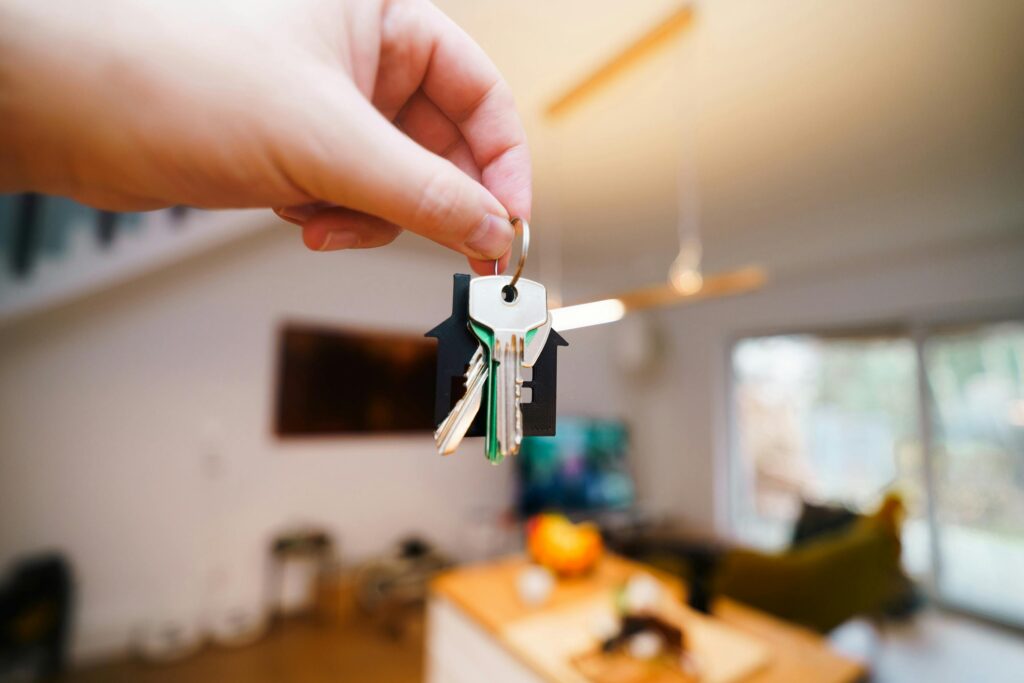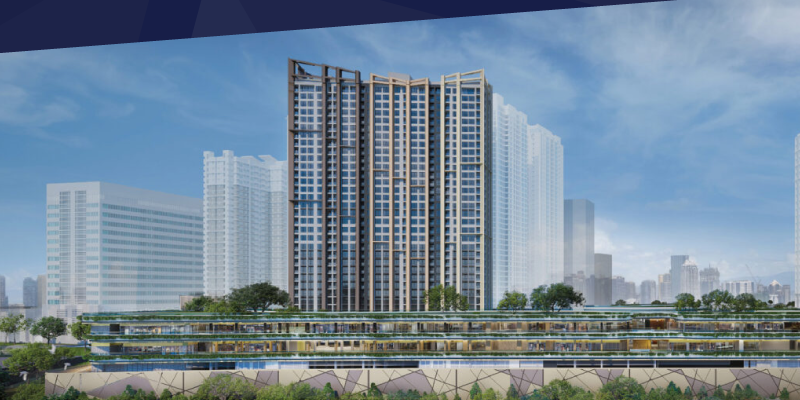At FNG, our sales agents are trained and equipped with the right tools and skill set to guide buyers through every step of the homebuying journey. However, not all real estate agents in the Philippines operate the same way. In a dynamic and fast-moving market, it’s easy to feel like you’re always one step behind. The process can be tedious and overwhelming—but the truth is, you have more power than you think, especially when you know the right questions to ask.
While real estate agents in the Philippines are ready to help, they’re also part of a sales-driven industry. The more informed you are, the more confident and protected you’ll feel. Asking the right questions helps you spot red flags early so that you can make smart financial decisions.
To help you take control of the conversation, here is a list of questions to ask your property agent that can protect your investment and your peace of mind.
6 Questions Real Estate Agents Won’t Bring Up Unless You Ask
Real estate agents can’t answer your questions if you don’t ask. Some particulars can easily slip through the cracks if you’re not being proactive. To help you avoid surprises and costly missteps, here’s how to talk to a real estate agent and what to look out for in their answers.
-
What are all the costs I should expect upfront and long-term?
The list price isn’t the whole story. Besides the base price of the home, you’ll have to factor in taxes, like documentary stamp tax, which typically starts at 1.5% of the selling price, title transfer fees at around 0.5% to 0.75%, and registration fees.
Closing costs, which refers to all the charges paid to finalize a real estate transaction,can range from 4% to 7% of the property value, depending on the property and financing structure.
There are also move-in fees, especially in condos or gated communities. If the unit is under a homeowners’ association, ask for a breakdown of monthly association dues or developer-imposed charges.
If you’re taking out a mortgage, ask about amortization schedules, interest rates, and prepayment penalties. Some banks also charge appraisal and processing fees. The clearer the picture you get now, the less likely you’ll be blindsided later.
-
Can you walk me through the timeline from reservation to move-in?
Timelines are a key part of managing expectations and planning your finances, yet they’re not always clearly laid out unless you ask. In the Philippines, delays are common, especially for pre-selling properties, so it’s crucial to understand what to expect from the start. A good real estate agent should be able to provide specific, realistic turnaround times for each stage of the process.
Ask your agent to walk you through each step, from paying the reservation fee to unit turnover. For pre-selling units, turnover may take two to four years, depending on the developer. However, your agent should be able to give you a more precise estimate based on the specific project and developer’s track record.
-
What sets this property apart from others in the area?
Of course, you’ll want the best property available, but it should be priced appropriately. Asking about what sets it apart helps you avoid overpaying and assess whether the price is truly justified. If the agent can’t clearly explain the property’s unique selling points (USPs), consider that a red flag.
When discussing the property’s distinctions, ask about critical factors such as:
- Flood risk: Many parts of Metro Manila and nearby provinces are flood-prone
- Accessibility: Is there easy access to main roads?
- Future infrastructure: Are there any upcoming developments that could impact the area?
- Proximity to commercial zones: Is the property within or near essential commercial areas?
Additionally, inquire about the community and people in the surrounding area. Understanding the local demographics, neighborhood vibe, and safety can significantly impact your living experience.
-
What’s the developer’s track record?
Just because a property looks promising on paper doesn’t mean the developer always delivers. Some agents, especially in-house ones, might gloss over a developer’s delays or past complaints to make a sale. So, ask directly.
How many projects has the developer completed? Were they delivered on time? Are there any pending lawsuits, online complaints, or Department of Human Settlements and Urban Development (DHSUD) violations? The DHSUD maintains records of accredited and compliant developers so be sure to check if the project is registered and has a license to sell.
Don’t just rely on the agent’s pitch. Do a quick background check online or ask homeowners from previous developments about their experience.
-
What legal documents do I need, and who handles what?
Don’t assume the agent or developer handles all the paperwork or that it’s automatically included in the price. Ask for a checklist of required documents, which should include the following:
- Reservation Agreement
- Contract to Sell
- Deed of Absolute Sale
- Tax Declaration
- Title Transfer papers
Some developers or agents handle the entire process of title transfer and property registration for you. Others might ask you to do it yourself or hire a third party. Clarify upfront who will be responsible for registering the property with the Registry of Deeds.
If a Power of Attorney is part of the process, read it carefully so you understand precisely what authority you’re giving them.
-
What happens after I buy? Will you still assist me?
Some agents disappear once they close the sale. Ensure you get premium assistance from start to finish. Your agent should help you coordinate with the developer for punch lists or repairs. They should also assist with the move-in scheduling, among other things.
While some developers have a dedicated after-sales or customer care team, others don’t. Knowing what to expect after the purchase gives you peace of mind even after turnover. Importantly, ask your agent if there are alternative personnel or a specific department you can reach out to in case they are unreachable or no longer with the company.
When in Doubt, Ask It Out
There’s more to homebuying than finding the right location. Asking the right questions provides the clarity and confidence you need to make informed decisions and avoid second-guessing. At FNG, a leading real estate developer in the Philippines, we believe homeownership should be an exciting milestone, not an overwhelming process.
Looking for more options that truly resonate with your lifestyle? Contact us today to discover the ideal living space that supports the life you’re building!









